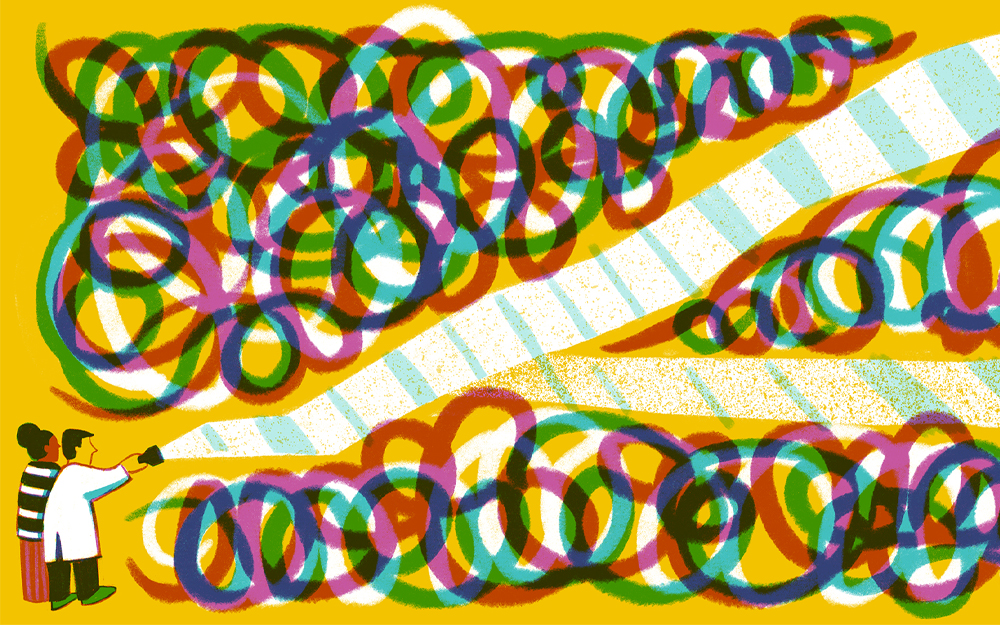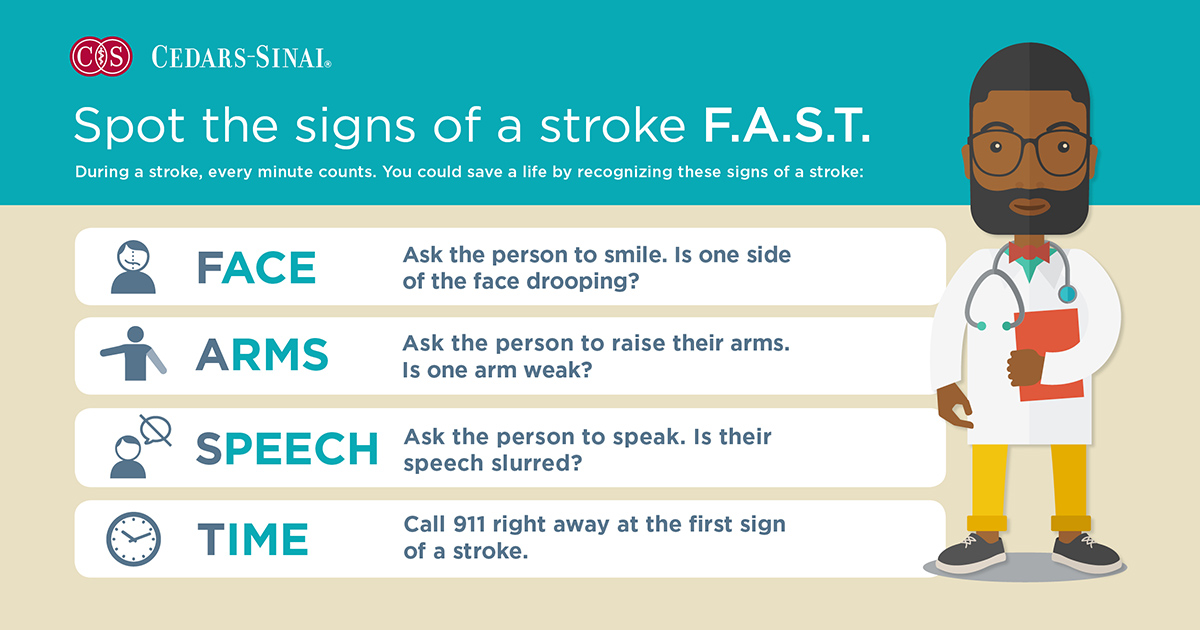The Newfound Impact of a Shortened Esophagus for Hiatal Hernia Patients
Date
February 25, 2021

Date
February 25, 2021
Credits
Medical providers featured in this article


In Brief
{{cta-block}}
Surgeons have been repairing hiatal hernias for decades through the use of a fundoplication and an esophageal lengthening procedure known as Collis gastroplasty, a procedure that aims to eliminate or reduce severe symptoms such as heartburn, regurgitation and difficulty eating. While often successful, this course of action comes with the nagging problem of a high recurrence rate. A new study from Cedars-Sinai shows that by using an effective Collis gastroplasty technique, surgeons can safely reduce the likelihood of recurrence and achieve high levels of symptom relief and patient satisfaction.
Combating hiatal hernia recurrence

Hiatal hernias recur after surgery 15% to 50% of the time, says Miguel Burch, MD, chief of Minimally Invasive and GI Surgery at Cedars-Sinai. Though some patients are asymptomatic upon recurrence, others experience a return in symptoms such as reflux, regurgitation or the sensation of waking up during the night choking.
To figure out what might cause or prevent a recurrence, Burch and a team of researchers launched a study to review the short- and long-term outcomes in patients who have undergone a Collis gastroplasty with fundoplication and hiatal hernia repair. The study included 183 patients who had undergone these procedures and were cared for by four surgeons at Cedars-Sinai between 2002 and 2018.
"We looked at a database of patients who had these procedures and interviewed those who had a Collis gastroplasty," says Burch. "Then we presented them with a validated questionnaire to determine the impact of their treatment."
Esophageal length is key to the success of hiatal hernia repair, because when too short, it can act as a rubber band—pulling the stomach back up into the chest, promoting recurrence. The team's research helped them identify factors that can cause a shortened esophagus, illuminating a path toward longer-term success after repairs.
"The difference between hiatal hernias and others is that it's an opening in the diaphragm, and we can't close the hole completely because the esophagus still needs to pass through it," says Burch. "As the opening widens, the stomach rises through it. To repair it, we pull the stomach back into the abdominal cavity and narrow the opening, but hiatal hernias come back because you use that muscle all the time. You're using it when you laugh, cry or even just breathe, so there's a constant strain."
For years, surgeons have made various attempts to minimize recurrence, primarily through the insertion of mesh. "The problem is that mesh can cause different and more adverse issues for patients over time," says Burch. "We needed to find a better way to reinforce the closure that avoided introducing foreign bodies."
A new technique for treatment

Before operating, surgeons always work with gastroenterologists to exclude, or heal if present, esophagitis or esophageal ulcers, which are common causes of a shortened esophagus. And, for times when a more significant intervention is needed, the Cedars-Sinai team has developed a new methodology that re-creates a lengthier esophagus using a small part of the stomach.
"Using robotic and minimally invasive techniques, the upper stomach is shaped into a tubular structure that performs as if it were an esophagus and allows the stomach and fundoplication to remain below the diaphragm. This intervention reduces the risk the hernia will recur," says Burch.
The increased implementation of Collis gastroplasty originated from Edward Phillips, MD, the Dolly Parton Chair in Surgical Innovation, executive vice chair of the Department of Surgery at Cedars-Sinai and a world-renowned pioneer of laparoscopic and foregut surgery. Phillips first noted the excellent outcomes patients were experiencing with this advanced technique.
This procedure eliminates the "rubber band effect" to a large degree and has resulted in overwhelming patient satisfaction—86.6% of patients in the study reported a satisfaction score of 8 or more out of 10 after one year. The published results indicate "patients requiring Collis gastroplasty can expect significant long-lasting reductions in heartburn, regurgitation, dysphagia, antacid medications and hiatal hernia recurrence."
"We don't know what the horizon is for reducing the high recurrence rate [of hiatal hernias], but we identified one factor we can address that satisfies and improves outcomes for our patients."
These findings were presented at a meeting of the Pacific Coast Surgical Association and were met with encouraging feedback, with some calling the method the first modern series of Collis gastroplasty.
A long-term commitment
Burch and his research team now have a new appreciation for a shortened esophagus as a factor that leads to the high recurrence rate of hiatal hernias.
"We don't know what the horizon is for reducing the high recurrence rate, but we identified one factor we can address that satisfies and improves outcomes for our patients," says Burch. "Our next step is to understand the long-term impact of Collis gastroplasty on the esophagus as well as the long-term hiatal hernia recurrence rate. We'll have to wait another five years to have a good understanding of success."
The Collis gastroplasty technique will also continue to evolve as the team gathers additional data.
"In Collis gastroplasty, some people remove a larger portion of the stomach which prevents the formation of a fundoplication—one of the key steps," says Burch. "Our technique, perfected by Phillips, allows us to form whatever degree of fundoplication is necessary, and our goal is to collect data that focuses on the minimized average volume loss of the stomach."
Encouraged by these promising advancements, the team will continue to drive toward what Burch calls the "holy grail of hiatal hernia repair"—increased patient satisfaction through a reduced recurrence rate.





